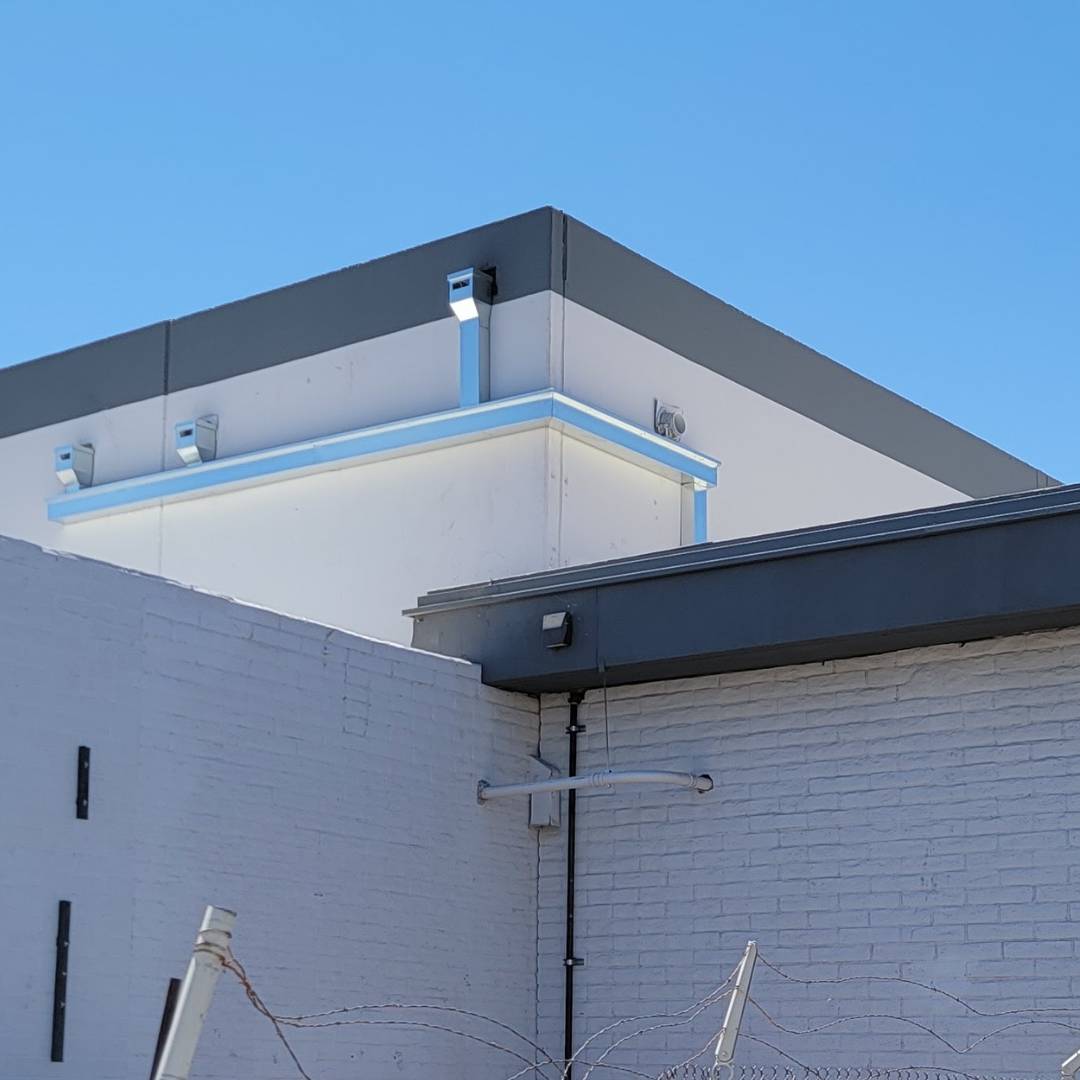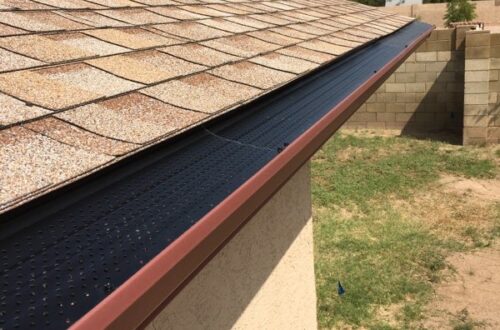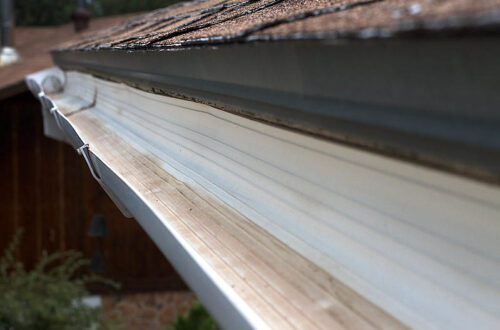Gutters play a crucial role in protecting commercial properties from water damage. A properly designed commercial gutter systems direct rainwater away from the structure, preventing foundation issues, erosion, and costly repairs. Selecting the right system depends on factors like building size, roof type, and local weather conditions.
Why Commercial Gutter Systems Matter
Unlike residential gutters, commercial gutters must handle large volumes of water due to bigger roofs. Inadequate drainage leads to problems such as:
- Water pooling on roofs, causing leaks
- Foundation damage due to excess moisture
- Exterior wall deterioration from uncontrolled runoff
- Mold and mildew growth inside the building
By investing in a high-quality commercial gutter system, business owners safeguard their properties from these risks.
Types of Commercial Gutter Systems
Choosing the right gutter system depends on the specific needs of your building. Here are the most common options:
1. Box Gutters
Box gutters are built into the roof structure rather than attached to the edges. They offer a seamless look and handle large water volumes efficiently. These gutters are ideal for industrial and commercial buildings with flat or low-slope roofs.
Pros:
- Handles heavy rainfall
- Long-lasting and durable
- Blends well with the building design
Cons:
- Requires professional installation
- Needs regular maintenance to prevent clogging
2. K-Style Gutters
K-style gutters resemble the letter “K” when viewed from the side. They are common in both residential and commercial settings due to their efficiency and modern appearance.
Pros:
- Affordable and widely available
- Holds more water than half-round gutters
- Adds curb appeal
Cons:
- Can accumulate debris quickly
- Prone to corrosion if not maintained properly
3. Half-Round Gutters
Half-round gutters have a semi-circular shape that enhances water flow while minimizing clogging. They are often used in historic or high-end commercial properties.
Pros:
- Smooth interior reduces debris buildup
- Aesthetically appealing
- Corrosion-resistant (especially in copper or aluminum)
Cons:
- Lower water capacity than box or K-style gutters
- Higher installation cost
Materials Used in Commercial Gutter Systems
The right material improves durability and efficiency. Common options include:
Aluminum
Lightweight, rust-resistant, and cost-effective, aluminum is a top choice for commercial buildings.
Steel
Galvanized steel gutters provide exceptional strength but require regular maintenance to prevent rust.
Copper
Highly durable and stylish, copper gutters add a touch of elegance but come with a higher price tag.
Vinyl
Affordable and low-maintenance, vinyl gutters work well in moderate climates but may crack in extreme temperatures.
Key Features to Consider
When selecting a commercial gutter system, consider:
- Size & Capacity – Ensure the system can handle heavy rain without overflowing.
- Durability – Choose rust-resistant materials for longevity.
- Seamless Design – Reduces leaks and enhances appearance.
- Proper Slope – Ensures efficient water drainage.
Commercial Gutter Maintenance
Regular maintenance prevents costly repairs and extends the lifespan of your gutters. Essential steps include:
- Cleaning: Remove leaves and debris at least twice a year.
- Inspection: Check for leaks, rust, and loose fasteners.
- Repairs: Seal small holes and replace damaged sections.
- Downspout Checks: Ensure proper water flow and unclog blockages.
Investing in a reliable commercial gutter system protects your building from water damage and costly repairs. Choosing the right type, material, and maintenance routine ensures longevity and efficiency. If you need professional installation or maintenance, consult an expert to get the best results.






